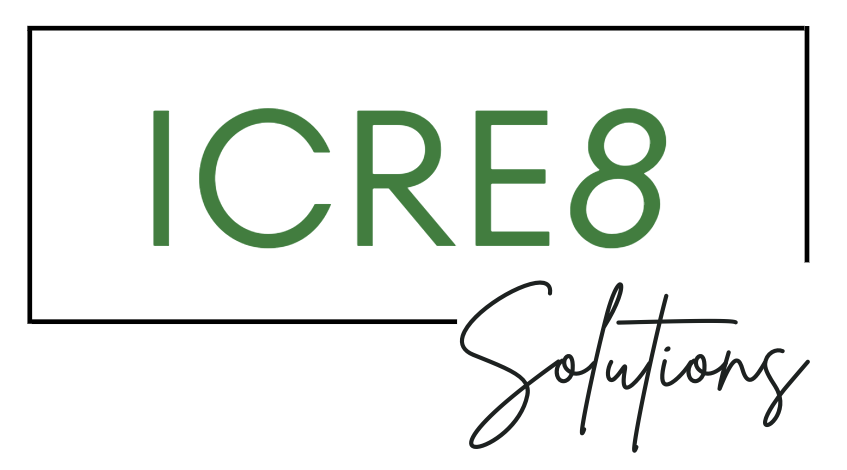EEAT (formally known as “EAT”) has nothing to do with your appetite. In the digital landscape of the World Wide Web, the “EEAT” acronym stands for “Experience, Expertise, Authoritativeness, and Trustworthiness.”
EEAT plays a major role in your website visibility, as it is the framework Google uses to determine the trustworthiness of your site and online content.
EEAT vs. SEO – What’s the Difference?
While EEAT and SEO are intertwined, they refer to two distinct processes. Search Engine Optimization (SEO) is the practice of increasing your search ranking, and therefore, increasing online visibility.
SEO calls upon a number of different techniques to climb to the first few pages of search engine results, including keyword research, on-page optimization, link building, and strategic content creation.
By contrast, EEAT is a guideline followed by humans at Google to evaluate the credibility of your website. EEAT is especially important when it comes to “Your Money Your Life” (another fun acronym, YMYL) topics. YMYL topics include health, finances, news, and safety.
Although EEAT is not an “official” ranking factor, Google’s algorithms are constantly improving to better recognize these important principles. Thus, EEAT is still a very important consideration for your online marketing and SEO strategy.
Understanding the EEAT Principles
As depicted in Google Page Quality Evaluation Guidelines, trust is at the center of all four principles. However, the acronym is broken down, as follows:
- Experience: Does the creator or author have the lived, firsthand experiences to serve as a high-quality source of information on this topic?
- Experience: Does the creator or author have the required skills and knowledge to be a trustworthy source of information on this topic? What are their credentials?
- Authoritativeness: Is the creator or website a typical “go-to” source for knowledge on this particular topic?
- Trust: The compass or roadmap to the other three principles – is this page safe, accurate, honest, and reliable?
How to Boost Your Website’s EEAT
Again, it is not a measurable metric. You can’t pop your URL into some magic EEAT checker and get a score out of ten. However, there are several ways you can demonstrate your understanding of the concept throughout your site, boost your authority score, and complement your SEO strategy.
- Flex your credentials: Make sure you have an author bio – and don’t shy away from showing off your experiences and/or subject expertise within it!
- Quality over quantity content: Although cramming as many keywords into your content as possible was once a viable strategy, quality content holds far more weight over quantity content, especially in terms of authoritativeness.
- Backlinks from reputable websites: If high authority, credible sources are linking back to your site, it demonstrates that you are a qualified subject matter expert.
- Transparency and security: Clearly disclose what purpose your website serves and either have a contact form or display your contact email address on your site.
- If you currently handle any payments through your website, ensure the payment processor is safe and secure, as well.
The Bottom Line

EEAT is the framework by which humans at Google judge the quality and honorability of your website. Experience, expertise, authoritativeness, and trust play a major role in determining whether or not your site is considered a safe, reputable source of information worthy of ranking highly in Google searches.
For more information on SEO, content strategy, and EEAT, contact us today for a consultation.

